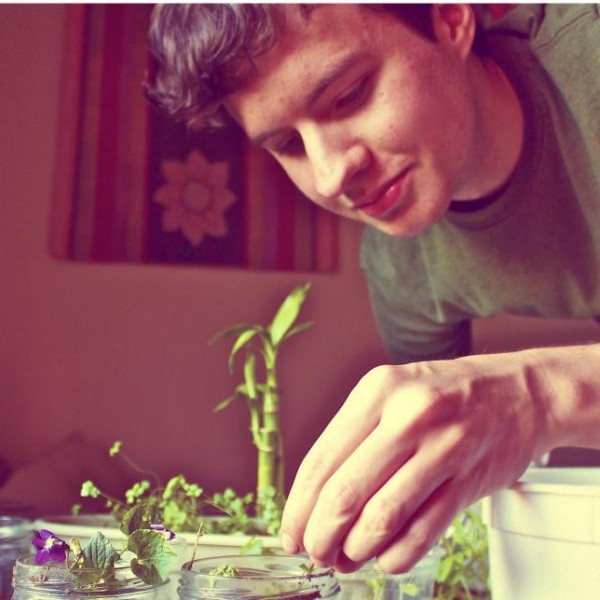Optimizing ecological niche models for studies of evolution in neotropical legumes 2013
Chicago Botanic Garden; Field Museum
Ecology, GIS, Plant Systematics & Florisitic
Ecological niche modeling, also known as species distribution modeling, has emerged as a powerful tool in ecology and evolutionary biology. The technique combines occurrence records of a species together with climatic or other environmental variables to produce a model of the species fundamental niche. The model is then applied to geographic space to approximate the species abiotically suitable area. Because of the increasingly wide availability of suitable digital climatic and occurrence data, ecological niche models (ENMs) have been applied to a broad range of biological questions ranging from conservation and climate change to speciation to biogeography. However, in many cases their application has outpaced methodological research. In particular, the use of appropriate environmental variables has yet to be systematically explored. The most widely used variables, a set of interpolated global bioclimatic variables, may lack the resolution required to infer niche requirements in the relatively homogenous lowland tropical forests of South America. The REU student selected to work on this project will create ENMs for one or two neotropical legume species using the variables mentioned above and compare these to ENMs that incorporate more diverse variables, such as soil type and remotely sensed vegetation data. The variables selected as best will then be used to create and compare niche models among several species to test for patterns consistent with either niche conservation or niche divergence. The student will gain experience working with ArcGIS as well as the modeling program MAXENT. There will likely be some time spent at the Field Museum examining specimen labels and the potential for lab work, if the student is interested. While the findings of the students research will be applied to a question regarding evolution and diversification, the skills learned will be applicable to a wide range of questions in biology.


